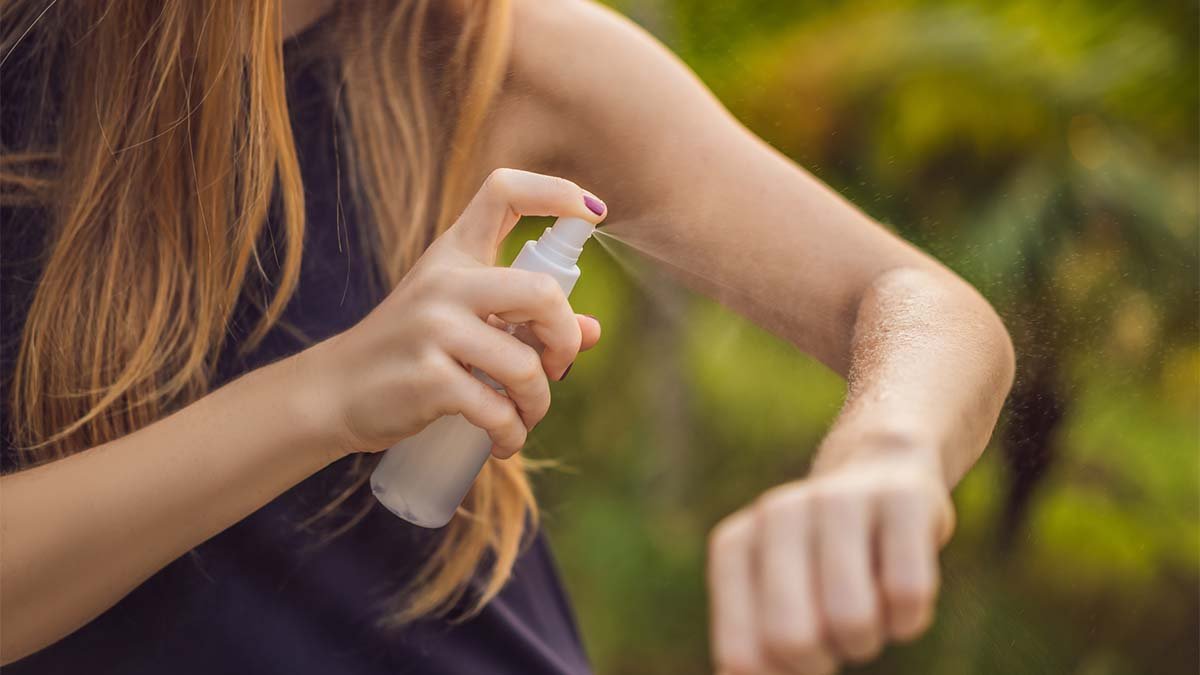Dengue Fever: Protecting Yourself During the Monsoon Season
1. Introduction: Understanding Dengue Fever
Dengue fever is a viral infection caused by the dengue virus, transmitted to humans through the bite of infected Aedes mosquitoes. This debilitating illness affects millions of people worldwide, particularly in tropical and subtropical regions. With the arrival of the monsoon season, the risk of dengue transmission increases significantly, making it crucial to adopt preventive measures and raise awareness about the disease.
2. The Monsoon Season and Its Impact on Dengue Transmission
The monsoon season brings heavy rainfall, providing ideal conditions for mosquito breeding and the proliferation of dengue-transmitting mosquitoes. Stagnant water in containers, discarded tires, and open drains becomes breeding grounds for Aedes mosquitoes. Increased humidity and moisture also contribute to the survival and reproduction of these disease-carrying insects.
3. Mosquito Breeding Grounds: Identifying and Eliminating Them
To combat dengue fever, it is essential to identify and eliminate mosquito breeding grounds. Regularly inspect your surroundings for any stagnant water sources, such as flower pots, water containers, or blocked gutters. Empty or cover these areas to prevent mosquitoes from laying eggs. Additionally, using larvicides or biological control agents can effectively reduce mosquito populations.
4. Personal Protection Measures: Shielding Yourself from Mosquito Bites
Protecting yourself from mosquito bites is crucial in preventing dengue fever. Wear long-sleeved clothing and use mosquito repellents containing DEET on exposed skin. Use mosquito screens on doors and windows to keep mosquitoes out of your living spaces. It is also advisable to avoid outdoor activities during peak mosquito biting times, such as dawn and dusk.
5. Symptoms of Dengue Fever: Early Detection and Diagnosis
Recognizing the symptoms of dengue fever is vital for early detection and prompt medical intervention. Common symptoms include high fever, severe headache, joint and muscle pain, rash, and fatigue. If you experience these symptoms, seek medical attention immediately, as early diagnosis can prevent complications and ensure timely treatment.
6. Dengue Prevention at Home: Keeping Your Living Environment Mosquito-Free
Maintaining a mosquito-free environment at home is crucial in preventing dengue transmission. Regularly empty and clean water containers to prevent mosquito breeding. Keep your surroundings clean and well-maintained to minimize potential hiding spots for mosquitoes. Installing mosquito nets on beds and using insecticide-treated bed nets can also provide additional protection.
7. Dengue Vaccine: An Effective Approach to Prevention
In recent years, the development of a dengue vaccine has offered a significant breakthrough in disease prevention. The vaccine is recommended for individuals living in endemic areas or those at high risk of infection. Consult with healthcare professionals to determine the suitability of the dengue vaccine for you and your family.
8. Treatment for Dengue Fever: Medications and Supportive Care
Currently, there is no specific antiviral treatment for dengue fever. Treatment mainly focuses on alleviating symptoms and providing supportive care. Adequate rest, hydration, and over-the-counter pain relievers can help manage the symptoms. In severe cases, hospitalization may be required for close monitoring and intravenous fluid administration.
9. Dengue and Children: Ensuring Their Safety during the Monsoon
Children are particularly vulnerable to dengue fever, and extra precautions should be taken to protect them during the monsoon season. Dress them in light-colored, long-sleeved clothing and apply child-safe mosquito repellents. Keep their living spaces clean and free from potential breeding grounds. If your child displays any dengue-like symptoms, consult a pediatrician immediately.
10. Dengue Awareness Campaigns: Promoting Knowledge and Prevention
Raising awareness about dengue fever is crucial in preventing its spread. Public health agencies, non-profit organizations, and community leaders should conduct awareness campaigns to educate the public about the disease, its symptoms, and preventive measures. These campaigns can involve distributing informational materials, organizing workshops, and leveraging social media platforms.
11. The Role of Government and Community in Combating Dengue
Efficient dengue control requires collaborative efforts from the government and the community. Governments should prioritize public health measures, such as improving sanitation, implementing mosquito control programs, and investing in research for better prevention and treatment methods. Communities can support these efforts by participating in clean-up drives and reporting potential breeding sites.
12. Dengue and Travel: Precautions for Visitors to Endemic Areas
If you are planning to travel to a dengue-endemic area during the monsoon season, take necessary precautions to prevent mosquito bites. Pack mosquito repellents, long-sleeved clothing, and bed nets. Stay in accommodations with proper mosquito control measures. Stay informed about the local situation and follow the recommended preventive measures.
13. Conclusion
As the monsoon season approaches, it is crucial to prioritize dengue prevention to safeguard yourself and your community. By implementing personal protection measures, eliminating mosquito breeding grounds, and raising awareness about the disease, we can significantly reduce the impact of dengue fever. Remember, prevention is key, and early detection leads to better outcomes for those affected by this mosquito-borne illness.
14. FAQs
1. Can dengue fever be transmitted directly from person to person?
No, dengue fever is not directly transmitted from person to person. It requires the bite of an infected mosquito to spread the disease.
2. Is dengue fever fatal?
While most cases of dengue fever result in full recovery, severe cases can be life-threatening, especially without prompt medical intervention.
3. Can I get dengue fever more than once?
Yes, it is possible to get infected with dengue fever multiple times, as there are four distinct serotypes of the virus. Subsequent infections may result in more severe symptoms.
4. Are there any specific medications for treating dengue fever?
Currently, there are no specific antiviral medications available for treating dengue fever. Treatment focuses on symptom management and supportive care.
5. Is the dengue vaccine effective for all age groups?
The dengue vaccine is recommended for individuals aged nine to 45 years living in endemic areas. Consult with a healthcare professional to determine its suitability for other age groups.








